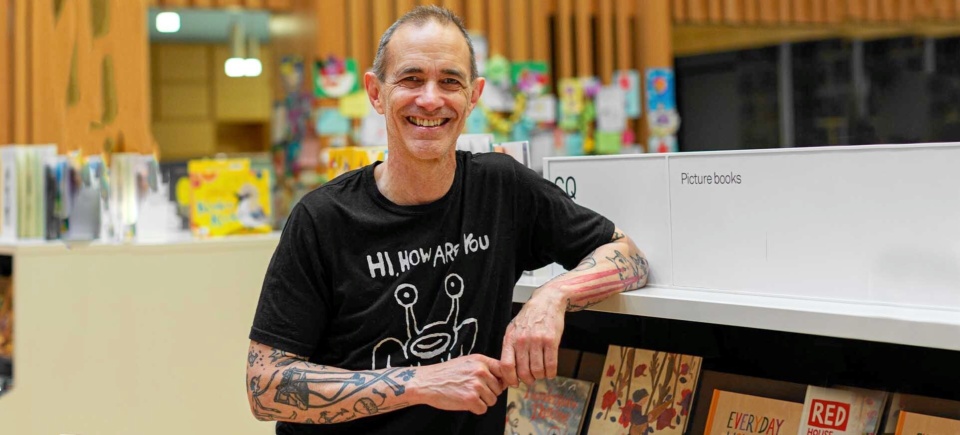
The king of literary silliness becomes Australia’s Children’s Laureate
Posted on 25 Feb 2026
Author Andy Griffiths has spent 30 years bringing “punk rock” to children’s books, making kids…
Posted on 03 Jun 2025
By Greg Thom, journalist, Institute of Community Directors Australia

Individual differences and even occasional conflicts at work do not constitute a crisis but are a natural part of any healthy, diverse culture, says Matt Finnis, CEO of the Cranlana Centre for Ethical Leadership.
I've been fortunate over the course of my career to work with a range of organisations with deep roots into their community.
My first full-time job was with Surf Life Saving Victoria, supporting a network of clubs and volunteers providing a vital community service.
It was a role I fell into through my passion for the lifesaving movement but then [I was] spurred on by a sense of the importance of finding a strong purpose in my working life.
I subsequently completed a law degree and worked as a solicitor in private practice, but even then, I had the privilege of working with a range of not-for-profit clients to support them in a wide variety of legal, risk and governance areas.
When afforded the opportunity to lead an AFL club I was determined to leverage the profile, resources, and networks to create tangible outcomes for the community - be that in mental health and well-being, LGBTIQ inclusion or supporting young people with disability to experience the benefits of sport.
The Cranlana program had been playing a critical role in developing the wisdom and course of Australian leaders' for about 30 years.
Around 2020 the Myer Foundation decided to join forces with the Vincent Fairfax Family Foundation and Monash University to create a dedicated centre for ethical leadership.
Having made the decision to pursue a career change away from professional sport, the opportunity to support these three partners to realise their shared vision of an Australian society characterised by responsible leadership and trustworthy organisations was too good to refuse.
The Myer and Fairfax families have invested more into furthering the ethical infrastructure of this nation over the past three decades than any government, regulatory body or other entity, full stop.
From here, our opportunity is to build on this legacy of ideas, programs, faculty, and alumni community to really embed ethical decision making and ethical leadership practices throughout the institutions which shape our society.

"One of the biggest challenges we face is overcoming misconceptions of what the term ethics is all about and how it is relevant to everyday leadership practice."
One of the biggest challenges we face is overcoming misconceptions of what the term "ethics" is all about and how it is relevant to everyday leadership practice.
In some organisations ethics is the remit of compliance managers working in audit and risk departments. In others, it falls within the broader ESG remit or even corporate affairs.
Most organisations, don't have a common understanding or language of ethics which can make it difficult to come to grips with in a cultural or systems sense which is required to scale the kinds of behaviours we would normally associate with an organisation we trust.
This is the challenge which motivates us to develop the character of responsible leaders at the same time as positively shaping the contexts in which they operate. Good people can make bad decisions just as bad barrels can corrupt good apples.

Unfortunately, for too many organisations the need to proactively invest in building their ethical capability and systems only becomes front of mind in the aftermath of some kind of moral failure.
The most successful organisations recognise their fallibility, take the time to learn from their own mistakes (as well as the mistakes of others) and proactively train the "moral muscles" of their leadership teams.
If you go back through history, there are no shortages of examples where a heightened sense of ethics in leadership would have been useful!
However, it does seem that the demands on leaders today are as challenging as ever. The digital revolution, energy transition challenges and ever evolving expectations of customers are enough to keep any leader awake at night.
Certainly, however, one of the recurring conversations we're having with leaders right now surrounds the challenges of managing diverse workforces and stakeholders in a more polarised world.
For years now we've been encouraging our leaders to be "values led" and our staff to "bring their full selves to work", but the reality is that the benefits of increased authenticity in the workplace can have shadow impacts which need to be proactively managed.
At Cranlana, we encourage leaders to confidently embrace pluralism and recognise that individual difference and even the occasional conflict is in fact not a crisis but a natural part of any healthy, diverse culture.
By normalising disagreement, being clear about our expectations and creating the forums to regularly explore and unpack the issues which both unite and divide us, leaders give themselves the best chance to earn and sustain the trust of their varied stakeholders.
There's a quote attributed to Sir Vincent Fairfax which we reference a lot in our work:
"Let us remember that the power and wealth of a democracy is measured not only by the number and quality of its eminent leaders but by thousands of ‘little’ leaders who provide its real strength.”
This resonates strongly for me as I've always admired those unassuming leaders who make a difference in their sphere of influence often with little fanfare or expectation of recognition.
I believe that impact starts closest to home and is then accentuated via the ripples created from role modelling responsible, selfless, small acts and supporting those around you to be the best versions of themselves.
I think we all know people who do that and I'm very grateful to live and work with a bunch of them.

Posted on 25 Feb 2026
Author Andy Griffiths has spent 30 years bringing “punk rock” to children’s books, making kids…

Posted on 18 Feb 2026
When Nyiyaparli woman Jahna Cedar travels to New York next month as part of the Australian…

Posted on 11 Feb 2026
Rev. Salesi Faupula is the Uniting Church’s moderator for the synod of Victoria and Tasmania. Born…
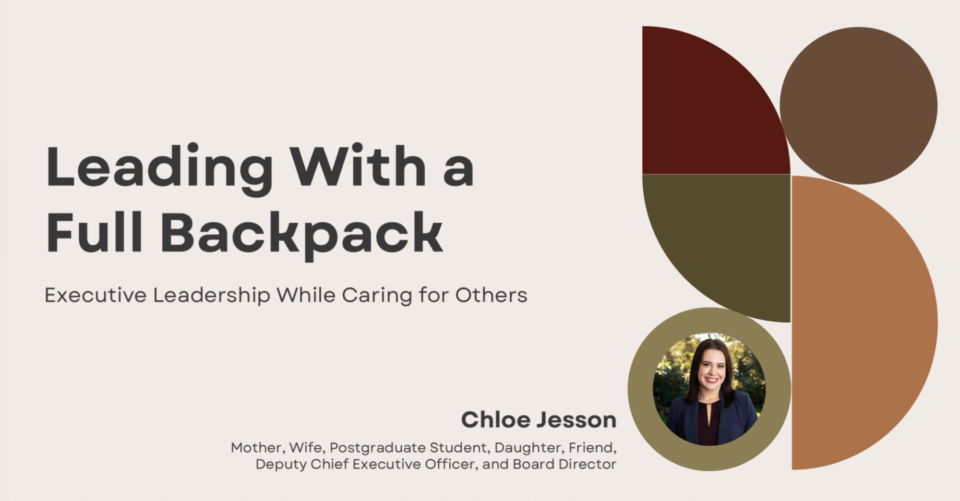
Posted on 04 Feb 2026
At the Third Sector leadership conference in Sydney last year, Queensland health executive Chloe…
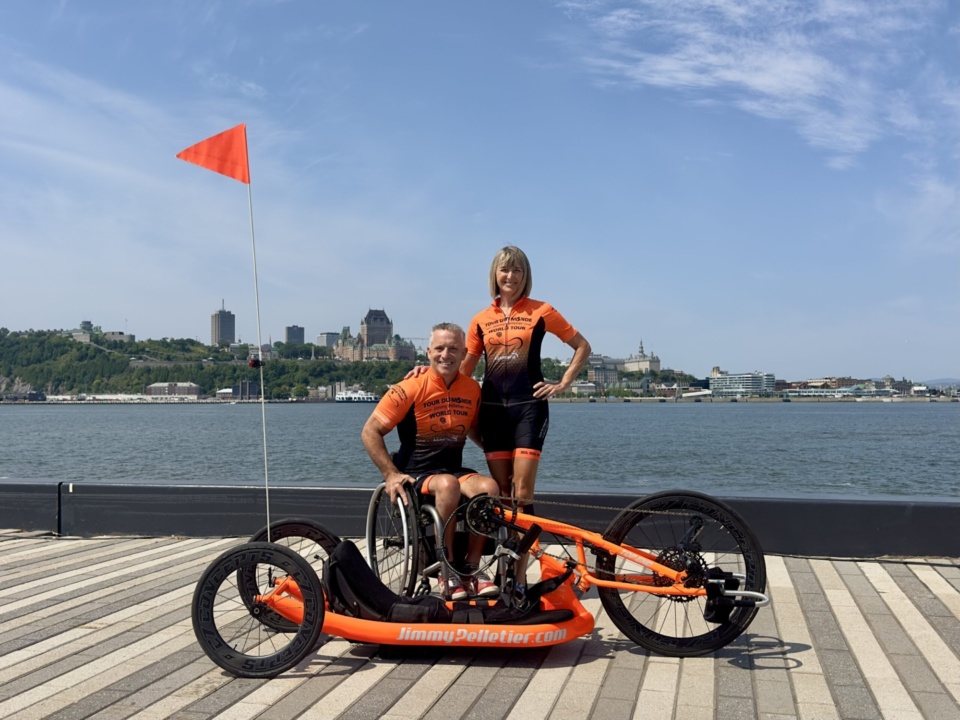
Posted on 28 Jan 2026
French-Canadian Jimmy Pelletier, who lives with paraplegia, is six and a half months into a…
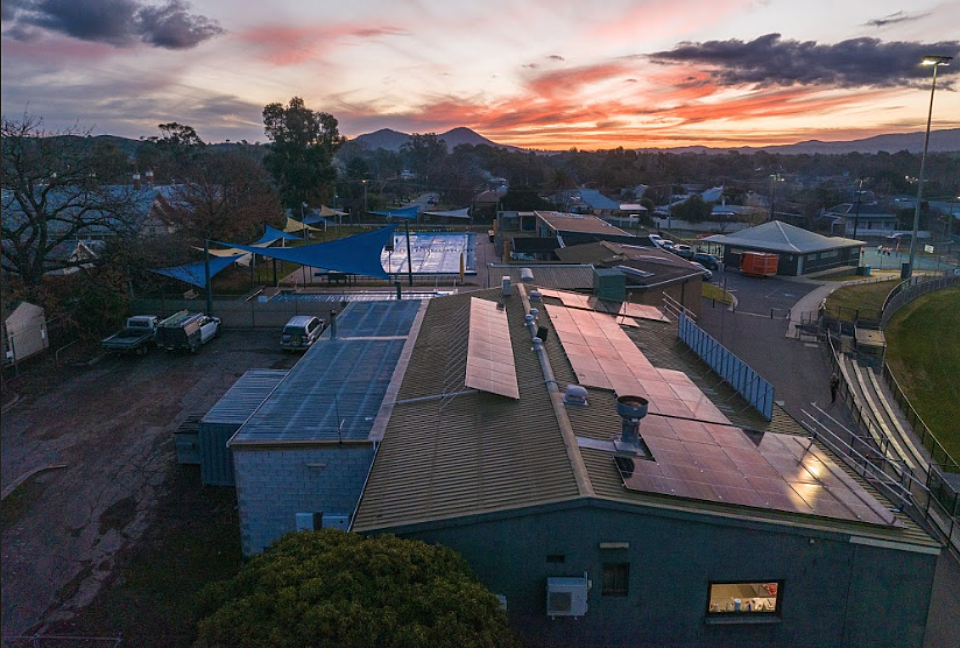
Posted on 16 Dec 2025
Lex Lynch spent more than two decades in the climate change and renewables field before last year…
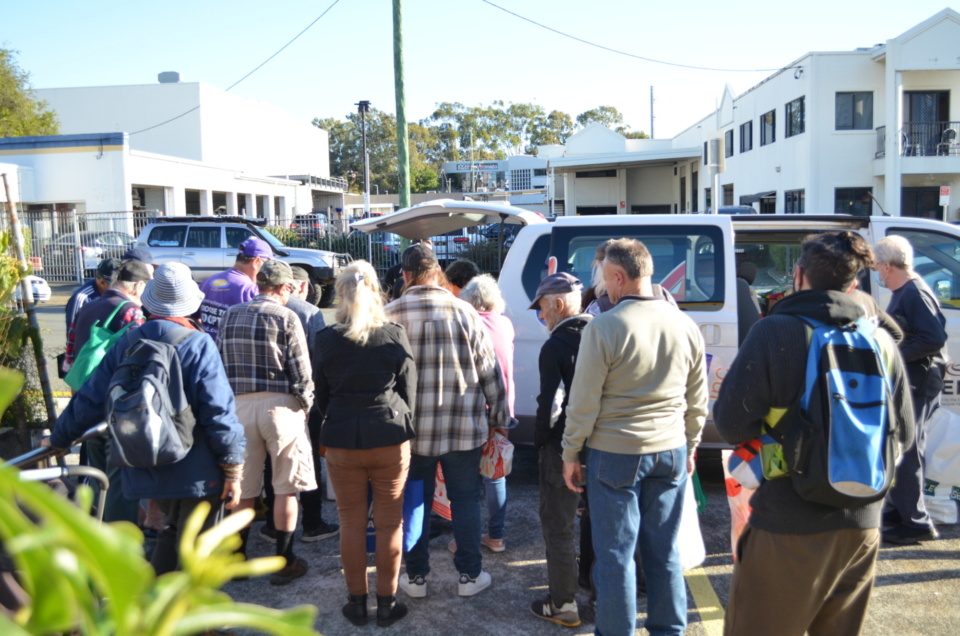
Posted on 10 Dec 2025
A long-time advocate for rough sleepers in northern New South Wales has been named her state’s…

Posted on 03 Dec 2025
Emma-Kate Rose is the co-CEO of Food Connect Foundation, working with communities to support the…
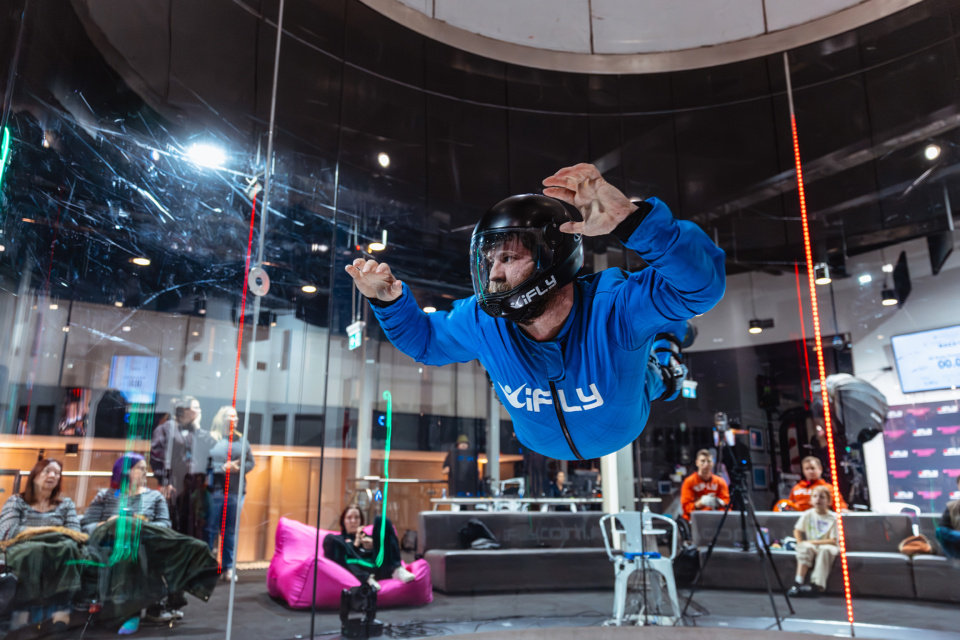
Posted on 26 Nov 2025
Next Wednesday, December 3, All Abilities ambassador Greg Pinson will be celebrating the…
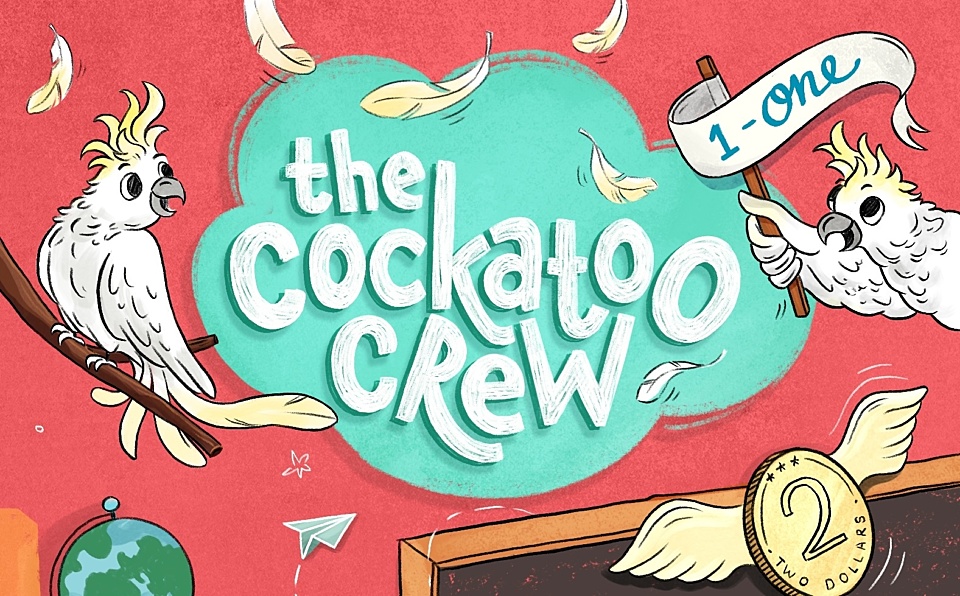
Posted on 19 Nov 2025
Lora Inak is the author of the Cockatoo Crew books, a new children’s fiction series (illustrated by…
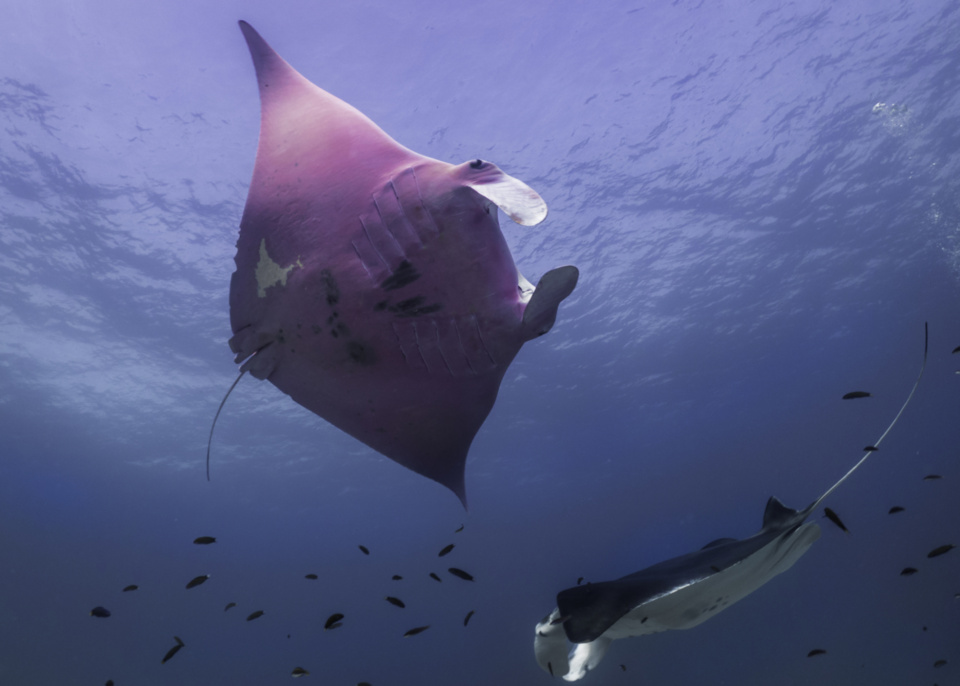
Posted on 11 Nov 2025
Project Manta, a long-running scientific study that includes a citizen scientist component, is…
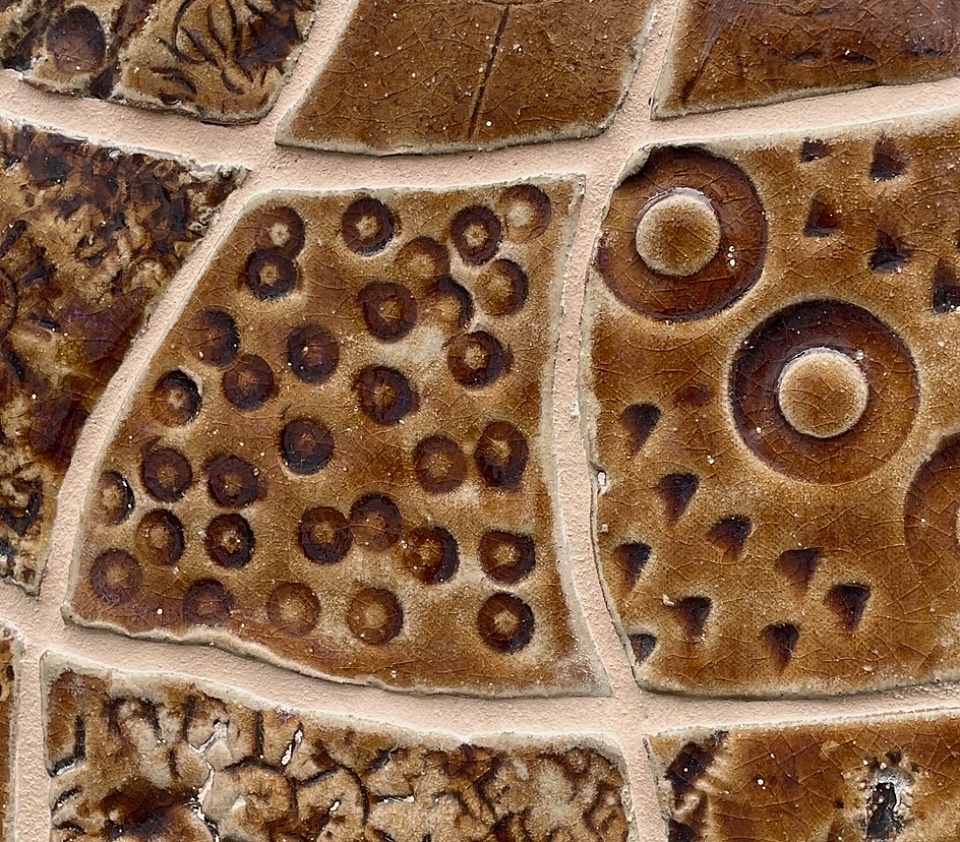
Posted on 04 Nov 2025
Diamando Koutsellis is the CEO of the not-for-profit Australian Ceramics Association, as well as a…